Biomechatronics
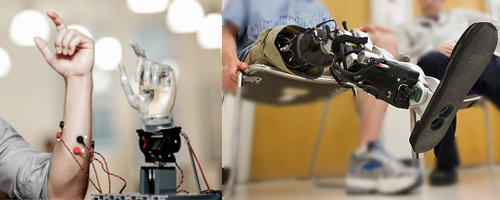
Biomechatronics is a contraction of biomechanics and mechatronics. It is the interdisciplinary study of biology, mechanics, electronics, and control. In this course, the function and coordination of the human motion apparatus is the central focus, and the design of assistive, therapeutic and diagnostic devices to support or compensate for the loss of human physiological functions of the motion apparatus or to enhance these functions.
AI Convergence Rehabilitation Science and Technology
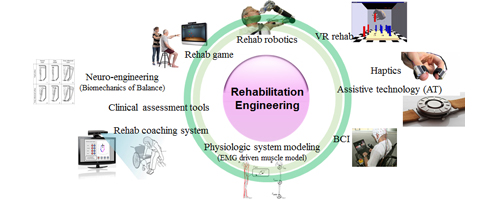
The convergence of data science, artificial intelligence(A.I.), and machine learning in the rehabilitation science domain. It engages students in learning more about machine learning and rehabilitation engineering as well as for those needing a foundation for taking more advanced studies in the field.
Biomechanics

The course provides an overview of musculoskeletal anatomy, biological tissues' mechanical properties and structural behavior, and biodynamics. Specific course topics will include structure and function relationships in tissues and organs; application of stress and strain analysis to biological tissues; analysis of forces in human function and movement; energy and power in human activity; introduction to modeling viscoelasticity of tissues. Finally, the course will include the beginning stages of a biomechanical design project.
Research Methods
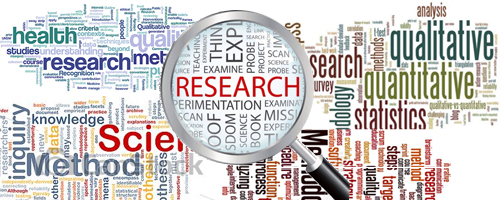
The goal of Research Methodology is to learn how research is being done, and to put that knowledge into practice. Students in the course learn about the cyclical nature of applied research and the iterative process of research writing.
Prosthetics & Orthotics

This subject is delivered in a coordinated manner with the theoretical part of the prosthetic science course. The student will be required to acquire and comprehend the necessary theoretical knowledge and to be able to integrate this effectively into clinical practice.
Capstone Design
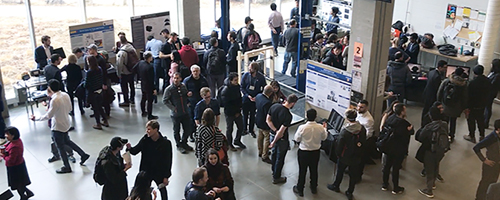
The student design teams experience all phases of a design & research project. During the course, students need to develop competence in research philosophy, critical thinking, sampling, research design, descriptive statistics, correlation, reliability, and validity. Students will focus on completing and presenting the research project - professional paper and portfolio in this culminating course.
Evidence Based Physical Therapy

The Evidence-based Physical Therapy and Practice course at the department of physical therapy is designed to provide the student with skills to focus on evidence-based practice and clinical research following the neuromuscular rehabilitation practicum. During the course, students need to develop competence in research philosophy, critical thinking, sampling, research design, descriptive statistics, correlation, reliability, and validity. Students will focus on completing and presenting the research project – professional paper and portfolio in this culminating course.
Kinesiology
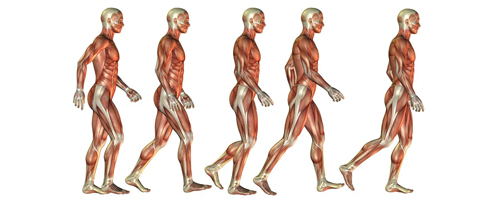
Human Kinesiology is a study of the musculoskeletal system as it relates to movement, physical activity, and exercise performance. Clinical therapists need a thorough understanding of the body to properly prescribe and train individuals to improve/maintain their fitness level.